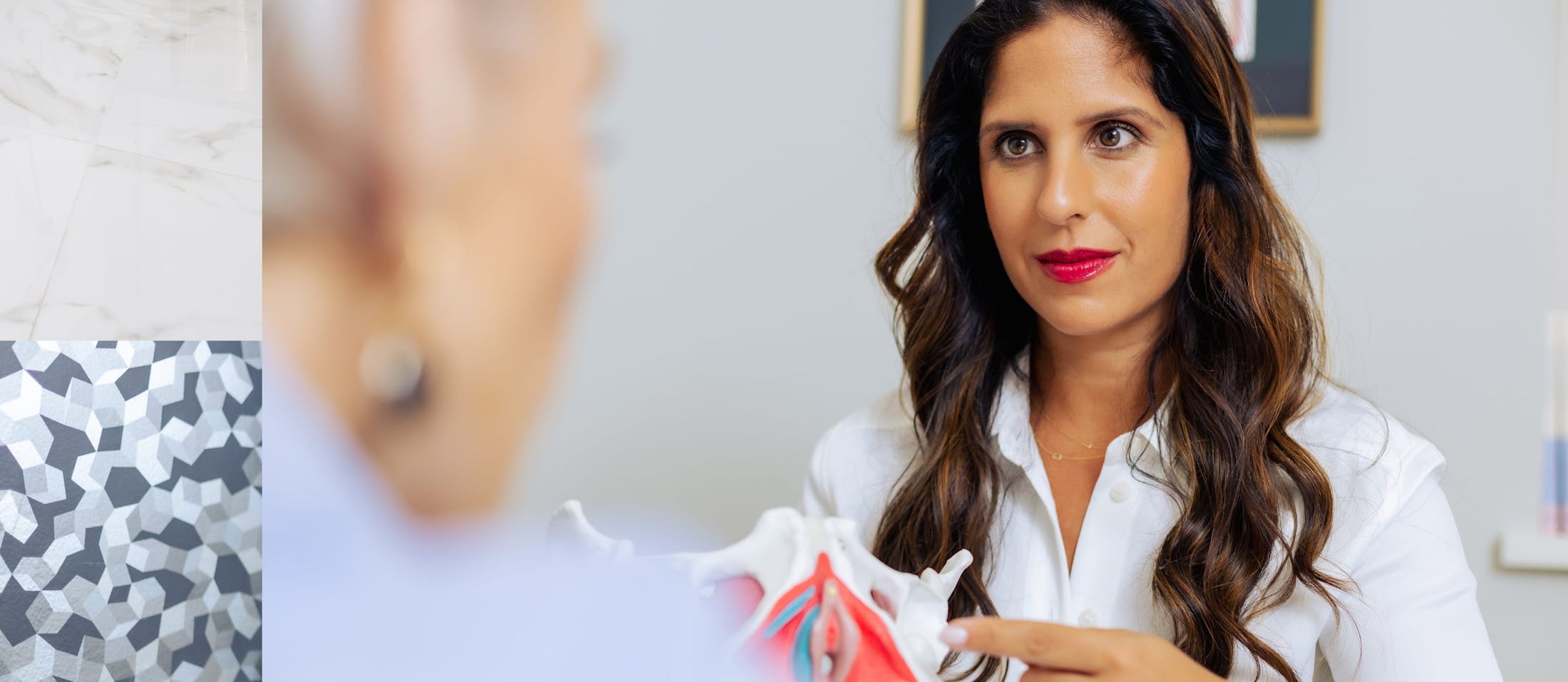Bladder instillations are a type of treatment for bladder problems that involve the use of medication to reduce inflammation and alleviate symptoms such as pain, urgency, and frequency.
Types of bladder instillations
Several types of medications can be used in bladder instillations, including:
- Heparin: a blood thinner that can help reduce inflammation in the bladder
- Dimethyl sulfoxide (DMSO): a solvent that can help minimize bladder pain and inflammation
- Lidocaine: a numbing medication that can help relieve pain
- Hydrodistention: filling the bladder with fluid to stretch the bladder lining and reduce inflammation




